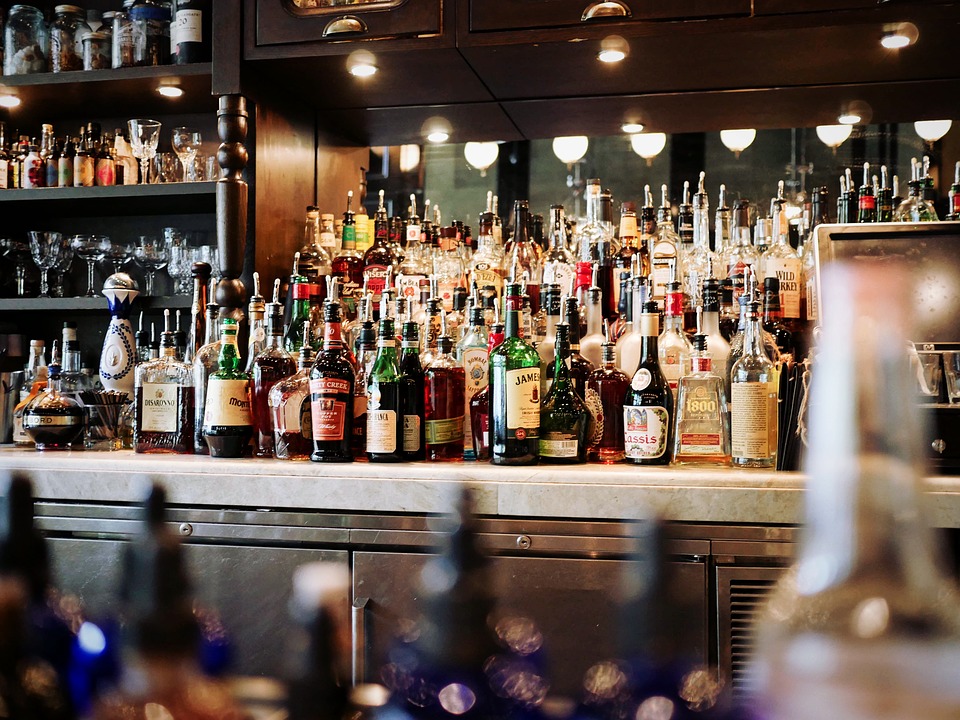Risks of Binge Drinking in College


Most of us remember those college nights of beer kegs and overflowing tequila shots, but did you know that those binge drinking occasions can lead to significant problems later in life? In many cases, binge drinking in college doesn’t stop after graduation and leads to long-term alcoholism as well as a host of medical issues that aren’t easily resolved. Binge drinking in college might seem like fun, but there are risks involved.
One of the most serious risks of binge drinking in college is alcohol poisoning. A recent survey conducted by Penn State University estimates that at least 40% of college students binge drink every month, and many of these students don’t know when to stop. They continue drinking even after they’ve thrown up or lost consciousness for a period of time, which overflows the system with alcohol and leads to alcohol poisoning. College students often exist in a “void” where they feel they are invincible and therefore believe that nothing bad will come of binge drinking.
Another problem is the high risk of car accidents. Even if students don’t drive while intoxicated, they run the risk if impairing the judgment of a designated driver, who’s trying to concentrate on the road with a bunch of rowdy drunks in the backseat. College towns have an estimated 20% more drunk-driving related accidents than areas without local colleges or universities. Not only are binge drinkers in danger of hurting themselves, but they may also hurt others on the road.
Binge drinking can also feel like a crutch to college students. When you confine your drinking to weekend nights, you don’t think you have a problem. Since everyone else at the party, club or dorm room is throwing them back at an equal pace, you feel a sense of security in knowing you aren’t the only one. Binge drinking, however, is a form of alcoholism that can lead to even more serious consequences. They build up a tolerance for alcohol and continue to drink in increasingly higher frequency, consuming more drinks in one night.
College students often believe that drinking beer is less harmful than consuming other alcohol, such as shots or mixed drinks. In reality, alcohol is alcohol, and consuming the same amount in beers as you do in a shot will have the exact same effect. Some binge drinkers are known to go through several twelve-packs of beer in a night, but they don’t think it’s a problem because, after all, it’s “just beer”.
Not only is binge drinking in college a problem, but it often extends after graduation. Students have fallen into a pattern of going to class during the weekdays and partying on the weekends, and this continues once they start their jobs. They still have the weekends free to drink, and they don’t see anything wrong with that. But if you’re participating in binge drinking on Saturday night, you’re not going to feel 100% Monday morning, which may put your job at risk.
Finally, one of the risks that college students rarely consider when deciding to binge drink is the possibility for premature aging. Studies show that people who participate in binge drinking age up to twenty years faster after ten years of the practice. Binge drinking in college may not show immediate effects, but it will certainly catch up to you later on in life.
